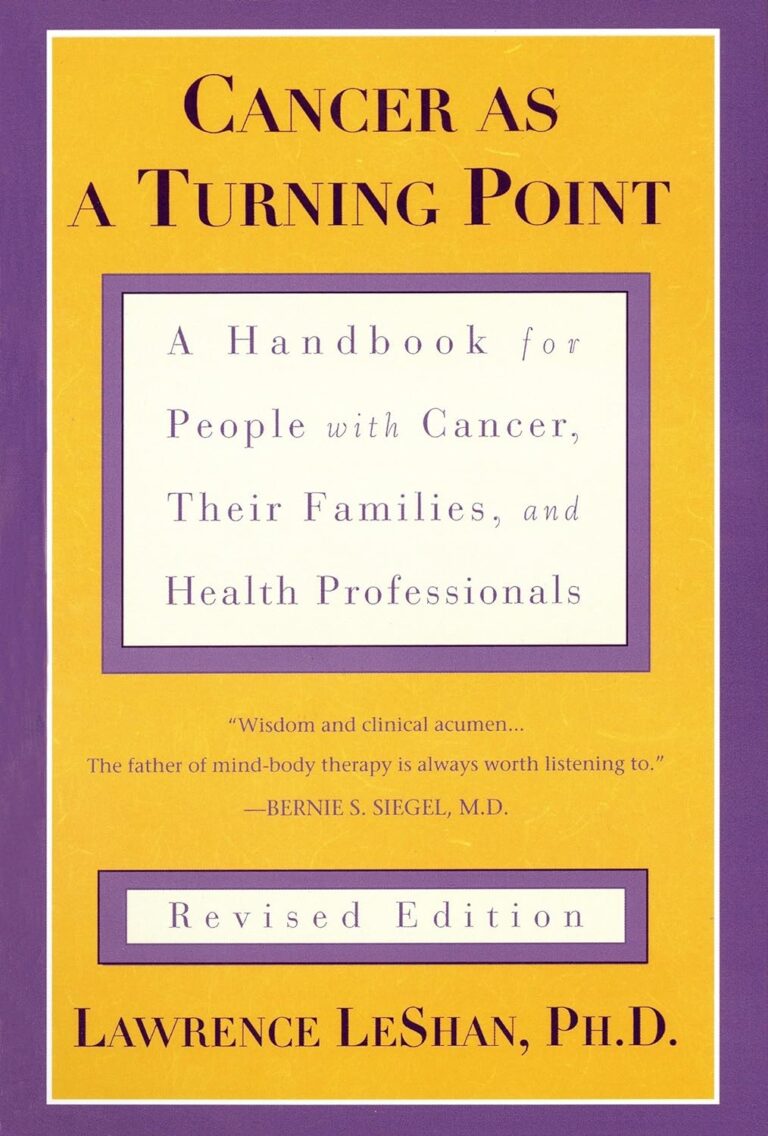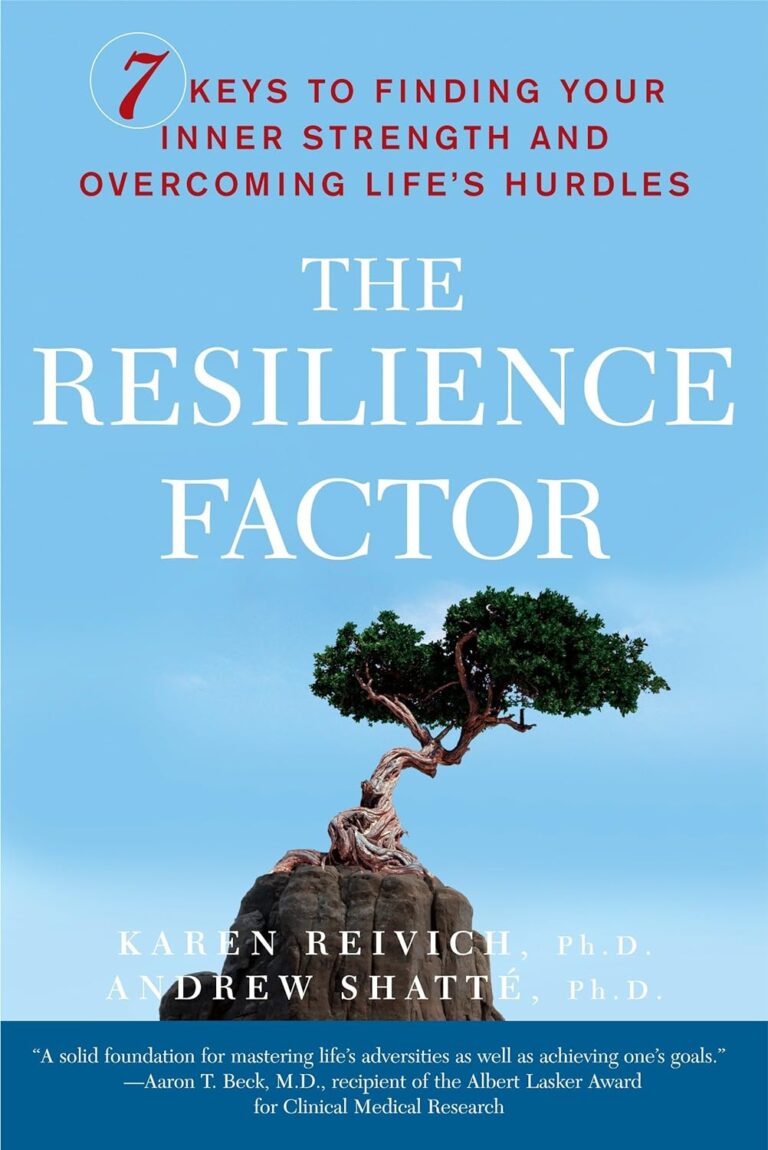Long-term follow-up care for cancer patients and survivors is an integral aspect of the post-treatment journey. This comprehensive approach ensures that individuals who have battled cancer receive continuous support and monitoring to address potential health issues and enhance their overall well-being.
Definition of Long-term Follow-up Care
Long-term follow-up care refers to the ongoing medical, emotional, and psychological support provided to cancer survivors after the completion of their primary treatment. It involves monitoring for potential side effects, detecting cancer recurrence at an early stage, and addressing the survivors’ overall health.
Importance of Long-term Follow-up Care for Cancer Patients
The significance of long-term follow-up care cannot be overstated. It plays a crucial role in identifying and managing the physical and emotional challenges that may arise post-treatment. Additionally, it helps survivors transition back into their daily lives and promotes a proactive approach to health.
Components of Long-term Follow-up Care
Regular Health Monitoring
One of the key components of long-term follow-up care is regular health monitoring. This includes routine check-ups, screenings, and diagnostic tests to detect any signs of cancer recurrence or potential late effects of treatment.
Psychological Support
Cancer survivors often face psychological challenges post-treatment. Long-term follow-up care incorporates psychological support services, including counseling and therapy, to address issues such as anxiety, depression, or post-traumatic stress.
Survivorship Care Plans
Individualized survivorship care plans are developed to guide survivors through post-treatment life. These plans outline the specific treatments received, potential long-term effects, and recommendations for ongoing care.
Lifestyle Recommendations
Long-term follow-up care emphasizes the adoption of healthy lifestyle habits. This includes guidance on nutrition, exercise, and stress management, aiming to enhance overall well-being and reduce the risk of secondary health issues.
Challenges in Long-term Follow-up Care
Physical Health Challenges
Survivors may experience physical health challenges due to the aftermath of cancer treatment. Long-term follow-up care addresses issues such as fatigue, pain, and potential organ damage, providing necessary interventions and support.
Emotional and Mental Health Challenges
The emotional toll of cancer can extend beyond treatment. Long-term follow-up care recognizes the importance of addressing emotional and mental health challenges, offering counseling, support groups, and coping strategies.
The Role of Healthcare Providers
Oncologists
Oncologists continue to play a vital role in the long-term care of cancer survivors. They monitor for recurrence, manage treatment-related side effects, and collaborate with other healthcare providers to ensure comprehensive care.
Primary Care Physicians
Primary care physicians become central figures in survivorship care, addressing overall health needs and coordinating with specialists as required. Their role is crucial in managing chronic conditions and promoting preventive care.
Specialty Care Providers
Depending on individual needs, survivors may require care from specialty providers, such as cardiologists, endocrinologists, or mental health professionals. Long-term follow-up care involves a collaborative approach, ensuring holistic support.
Empowering Patients and Survivors
Self-Monitoring Techniques
Long-term follow-up care empowers survivors through self-monitoring techniques. Education on recognizing potential symptoms, managing side effects, and adopting a proactive approach to health enhances survivors’ ability to advocate for their well-being.
Support Groups and Community Involvement
Connecting with fellow survivors through support groups fosters a sense of community. Long-term follow-up care encourages survivors to share experiences, offer support, and participate in community events, promoting emotional well-being.
The Transition from Active Treatment to Follow-up Care
Understanding the Transition Process
The transition from active treatment to follow-up care is a critical phase. Long-term follow-up care ensures a smooth transition, addressing the challenges and uncertainties that may arise during this period.
Importance of Communication Between Healthcare Providers
Effective communication between healthcare providers is essential. Oncologists, primary care physicians, and specialists collaborate to ensure a seamless transition, sharing information and coordinating care to provide comprehensive support.
Technological Advancements in Follow-up Care
Telemedicine for Follow-up Consultations
Technological advancements have transformed follow-up care. Telemedicine enables remote consultations, making healthcare more accessible for survivors and reducing barriers to regular check-ups.
Health Apps for Monitoring and Management
Health apps play a pivotal role in self-monitoring and management. From tracking symptoms to providing nutritional guidance, these apps empower survivors to actively participate in their long-term follow-up care.
Survivorship Research and Innovations
Ongoing Research Initiatives
Continuous research in survivorship care leads to innovative interventions and improved outcomes. Ongoing initiatives focus on understanding long-term effects, developing targeted therapies, and enhancing survivorship care.
New Treatment Modalities for Survivorship
Advancements in treatment modalities contribute to improved survivorship. From targeted therapies to immunotherapies, ongoing developments aim to enhance the quality of life for cancer survivors.
Case Studies and Success Stories
Real-life Experiences of Cancer Survivors
Highlighting real-life case studies and success stories provides inspiration and practical insights. These narratives showcase the resilience of survivors and the positive impact of long-term follow-up care.
Positive Outcomes Through Long-term Follow-up Care
Emphasizing positive outcomes reinforces the importance of long-term follow-up care. Improved quality of life, successful management of health challenges, and achieving personal milestones contribute to positive narratives.
Common Misconceptions About Long-term Follow-up Care
Dispelling Myths and Providing Clarity
Addressing common misconceptions about long-term follow-up care is crucial. From concerns about unnecessary testing to misconceptions about the role of primary care, providing clarity helps survivors make informed decisions.
Navigating Insurance and Financial Considerations
Understanding Coverage for Follow-up Care
Navigating insurance coverage for follow-up care can be complex. Long-term follow-up care educates survivors about their rights, helps them understand coverage options, and provides guidance on accessing necessary services.
Financial Assistance Programs for Cancer Survivors
Financial considerations should not be a barrier to follow-up care. Long-term follow-up care explores available financial assistance programs, ensuring that survivors can access the care they need without undue financial burden.
Integrating Holistic Approaches in Follow-up Care
Incorporating Complementary Therapies
Holistic approaches complement traditional follow-up care. Integrating complementary therapies, such as acupuncture, yoga, or massage, addresses both physical and emotional well-being.
The Importance of Nutritional Guidance
Nutritional guidance is a fundamental aspect of long-term follow-up care. Tailored advice on maintaining a balanced diet supports survivors in managing potential side effects and promoting overall health.
Addressing Disparities in Follow-up Care
Recognizing Disparities Among Different Demographics
Disparities in follow-up care exist among different demographics. Long-term follow-up care emphasizes the need to recognize and address these disparities, promoting equitable access to quality survivorship care.
Promoting Inclusivity in Long-term Follow-up Programs
Creating inclusive programs ensures that all survivors receive appropriate care. Long-term follow-up care advocates for inclusivity, acknowledging the diverse needs of survivors and fostering a supportive environment for all.
Future Trends in Long-term Follow-up Care
Predictive Analytics in Survivorship Care
The integration of predictive analytics enhances the precision of follow-up care. Predicting potential health issues allows for proactive interventions, improving outcomes for cancer survivors.
Personalized Medicine for Follow-up Protocols
Advancements in personalized medicine lead to tailored follow-up protocols. Precision medicine considers individual health profiles, genetic factors, and treatment history to optimize long-term follow-up care.
Conclusion
Recap of Key Points
In conclusion, long-term follow-up care is a holistic approach that addresses the multifaceted needs of cancer survivors. From regular health monitoring to psychological support, survivors benefit from ongoing care that enhances their overall quality of life.
The Ongoing Journey of Cancer Survivors
The journey of cancer survivors continues beyond treatment. Long-term follow-up care supports survivors in navigating the challenges and celebrating the victories, recognizing that their journey is ongoing.
FAQs (Frequently Asked Questions)
- Is long-term follow-up care only for specific types of cancer?
Long-term follow-up care is recommended for all cancer survivors, regardless of the type of cancer they battled. It ensures comprehensive support tailored to individual needs.
- How often should cancer survivors undergo follow-up appointments?
The frequency of follow-up appointments varies based on the survivor’s medical history and treatment. Healthcare providers develop personalized plans, typically involving regular check-ups.
- Can survivors engage in physical activities during long-term follow-up care?
Yes, engaging in physical activities is encouraged during long-term follow-up care. However, survivors should consult with their healthcare providers to determine suitable activities based on their health status.
- Are there financial assistance programs for long-term follow-up care?
Yes, various financial assistance programs are available to help cancer survivors access the necessary follow-up care without facing significant financial burdens.
- How can survivors connect with support groups for emotional well-being?
Survivors can connect with support groups through local cancer centers, online platforms, or community organizations. These groups provide a valuable network for sharing experiences and receiving emotional support.


















Comments
Thank you. Comment sent for approval.
Something is wrong, try again later